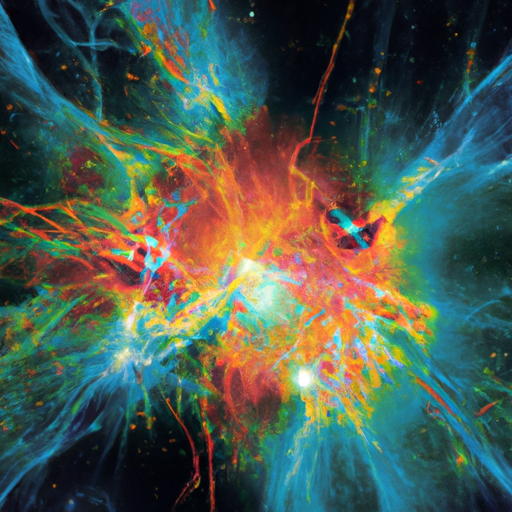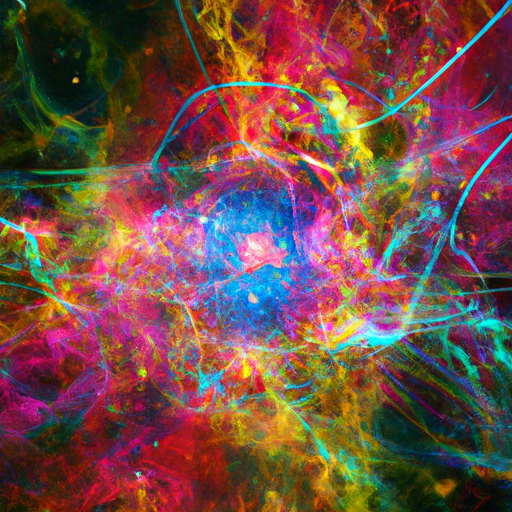The Higgs Boson Particle: Unraveling Mysteries of the Universe

The Higgs Boson Particle: Unraveling Mysteries of the Universe
In July 2012, scientists at the CERN research facility in Switzerland announced an extraordinary discovery – they had found compelling evidence for the existence of the Higgs Boson particle, a groundbreaking revelation that could potentially unravel some of the long-standing mysteries of the universe. The discovery marked a significant milestone in scientific history and provided a crucial missing piece in our understanding of the fundamental building blocks of the cosmos.

The Higgs Boson, often referred to as the "God Particle," is a subatomic particle that was first postulated by physicist Peter Higgs and others in the 1960s. According to the Standard Model of particle physics, the Higgs Boson particle is associated with an energy field that permeates throughout the entire universe, known as the Higgs field. This field is believed to interact with other elementary particles, endowing them with mass and giving rise to the fundamental forces and matter that make up our world.
But why is the discovery of the Higgs Boson particle so significant? For decades, physicists have been grappling with a fundamental question: how do particles acquire mass? The Higgs Boson provides an answer to this perplexing puzzle. The theory proposes that particles passing through the Higgs field are like swimmers moving through a pool of viscous liquid. The interaction with the field slows down particles, giving them mass in the process.
Understanding the origin of mass is of utmost importance as it forms the foundation for our understanding of the universe. Without mass, the universe would be a chaotic and formless realm. The Higgs Boson particle is the smoking gun that confirms the existence of the Higgs field, solidifying our understanding of how particles gain mass and explaining the structure of the universe as we know it.

The discovery of the Higgs Boson particle also addresses one of the most significant mysteries of the universe – what happened in the immediate aftermath of the Big Bang? Prior to the discovery, scientists were struggling to understand how particles could have gained mass during the extremely high energy conditions of the early universe. The Higgs field and its associated particle now provide a plausible explanation, shedding light on the earliest moments of our universe's existence.
Furthermore, the discovery of the Higgs Boson particle opens up new realms of scientific inquiry. Scientists can now study the properties and behavior of the particle, delving into its interactions with other particles and exploring any potential deviations from the Standard Model. These findings could potentially lead to the discovery of entirely new physics beyond what is currently understood, revolutionizing our understanding of the universe and the laws that govern it.
However, despite this groundbreaking discovery, much remains to be explored and understood. Scientists are eager to delve deeper into the nature of the Higgs Boson particle, to investigate any potential new particles or forces that may exist beyond the Standard Model. Additionally, they hope to uncover the secrets of dark matter and dark energy, which continue to elude our understanding and make up a significant portion of the universe.
The discovery of the Higgs Boson particle marks a pivotal moment in the history of science, providing us with essential insights into the mysteries of the universe. As scientists continue to unravel the complexities of our cosmos, the Higgs Boson acts as a guiding light, leading us closer to a more complete understanding of the fundamental fabric of our existence.






